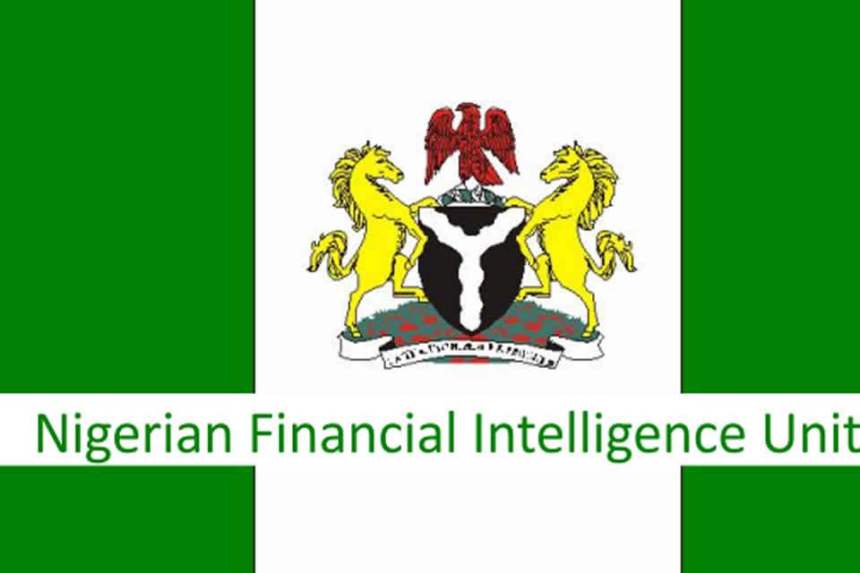- The NFIU accuses IPOB of financing terrorism through sports betting platforms and global crowdfunding, strengthening its operations
- IPOB received funds from affiliates in 22 countries, with $160,000 raised through crowdfunding for media and broadcasting companies
The Nigerian Financial Intelligence Unit (NFIU) has accused the proscribed Indigenous People of Biafra (IPOB) of financing its terrorist activities through sports betting platforms and global crowdfunding.
According to the NFIU, IPOB, along with other criminal organizations like bandits and terror groups, utilizes these platforms to garner support, thereby strengthening their operations within the country.
The NFIU revealed that IPOB has received funds through affiliates in 22 countries, with at least 27 entities registered under its name. Seven of these entities are registered in the United States, while six are registered in the United Kingdom.
The agency also disclosed that IPOB raised over $160,000 through crowdfunding, channelling the funds to transmission, media, and broadcasting companies in Bulgaria, South Africa, and the UK.
Furthermore, the NFIU highlighted IPOB’s use of various bank accounts in different countries to receive funds later disbursed for various operations, including those associated with the Eastern Security Network (ESN).
The agency’s newsletter detailed the profiling of IPOB’s leader, along with 53 other individuals associated with the group, and forwarded the report to law enforcement for further investigation.
In addition to IPOB’s activities, the NFIU reported suspicious transactions involving a 24-year-old Nigerian customer who received ransom money through a betting platform. Another case involved a terrorist attempting to evade detection by making structured cash withdrawals and engaging in suspicious financial transfers.
The NFIU urged law enforcement agencies to investigate transactions linked to known terrorists or financiers, unauthorized tax collections in terrorism-prone areas, and other suspicious financial activities. They emphasized the importance of monitoring cash deposits, money transfers, and financial transfers to charities associated with terrorism.
